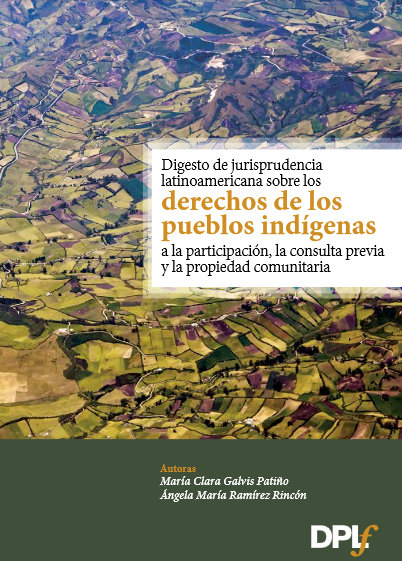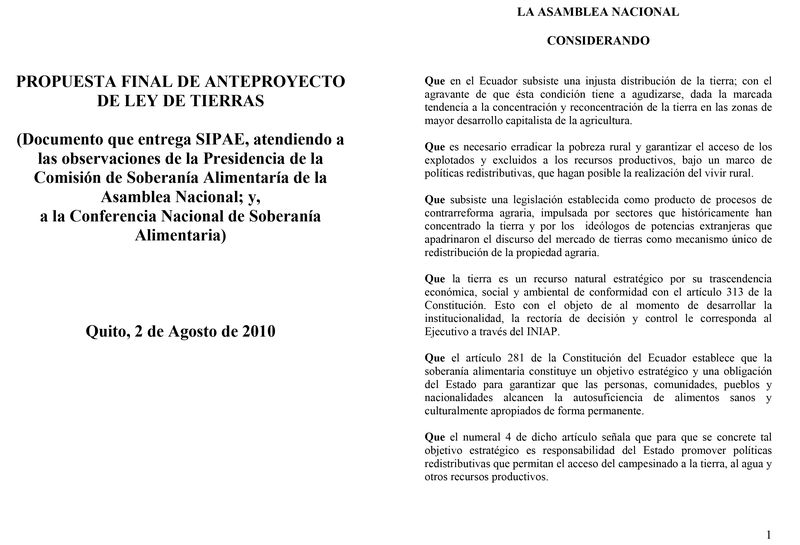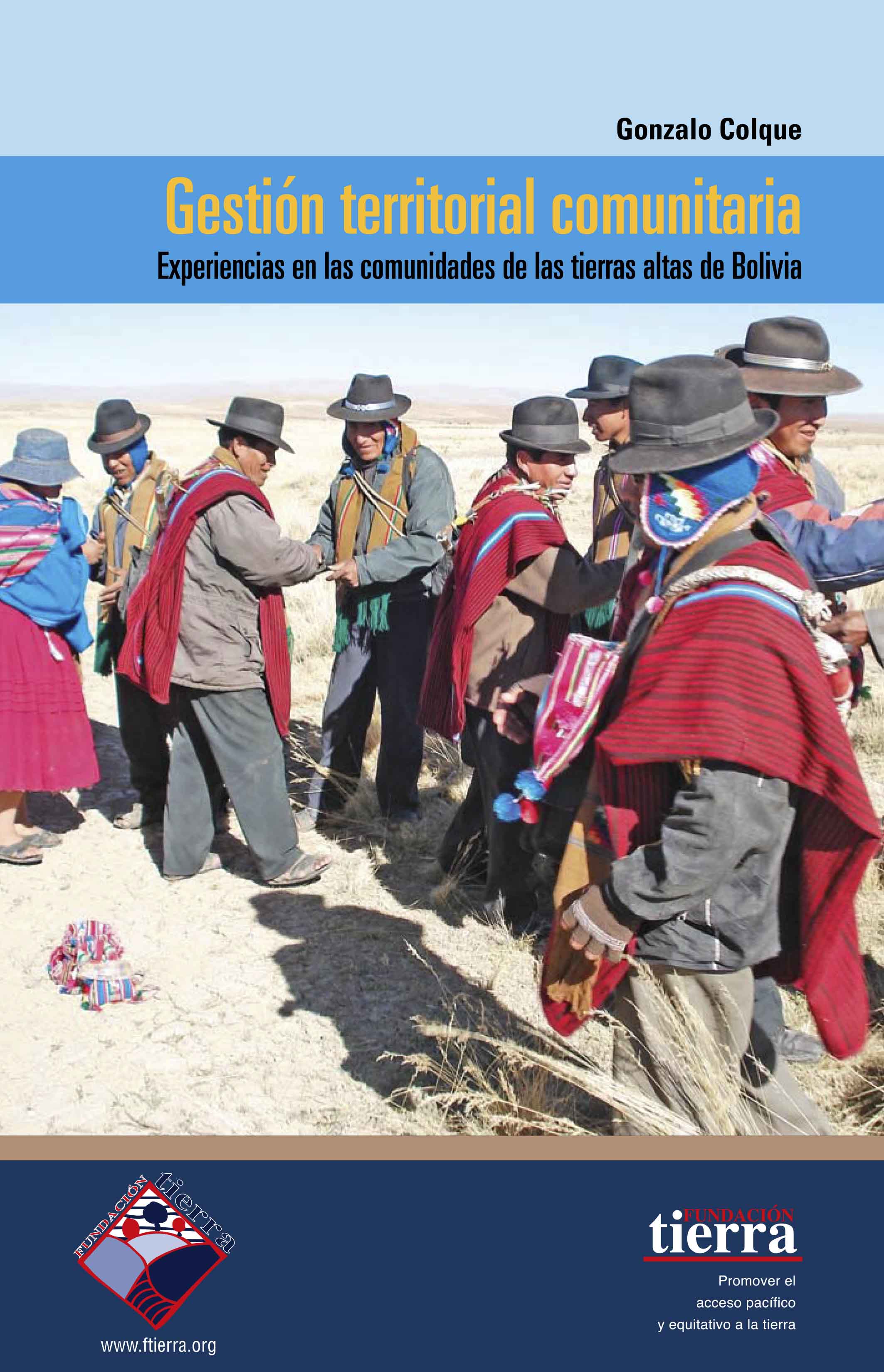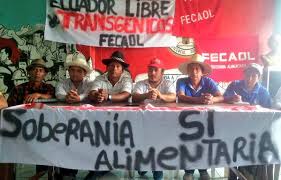National Gender Profile of Agricultural Households 2010
Cambodia has a land area of 181 035 square kilometers and a population of almost 14 million people (2008). In 2008, about 82 percent of the households lived in rural areas. A large majority of these households engage in rice- based agriculture, collection of forest products and livestock production. The agricultural sector generates about 32 percent of the Gross Domestic Product and provides employment to about 80 percent of the country’s labour force. The sector is dominated by small farm households who are mainly engaged in subsistence production.







